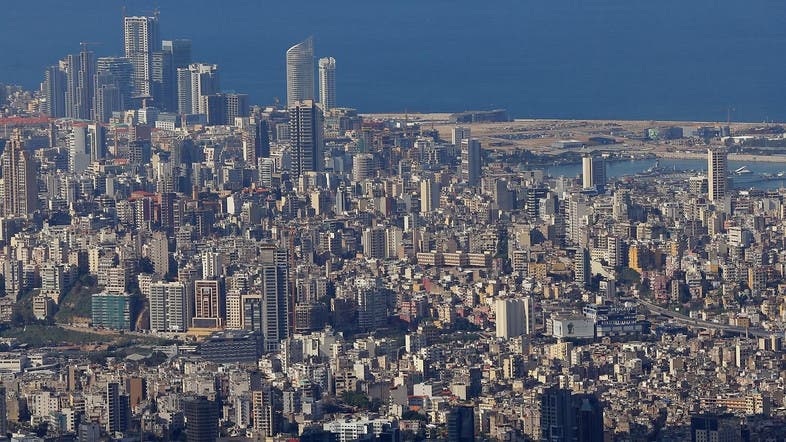
by gulfnews – Joseph A. Kechichian, Senior Writer Beirut: In a major development, Prime Minister Sa’ad Hariri secured a
cabinet approval for the 2017 state budget, the country’s first since
2005. According to the Minister of Information, Melhem Riachi, the draft
included a deficit, which was not revealed before the proposal reached
parliament for final discussion and ratification. While Riachi
asserted that “the deficit was greatly decreased,” a previous draft
leaked to media outlets forecast a $5.2 billion (Dh19.1 billion)
shortfall, or a little less that 10 per cent of gross domestic product. Riachi
further revealed that the Minister of Finance, Ali Hassan Khalil, will
hold a press conference to announce all of the details, provide actual
numbers including the projected deficit, along with, expected revenues
after President Michel Aoun and Prime Minister Hariri return from the
Arab Summit in Jordan.
The Lebanese economy recorded significant
losses in recent years, largely attributed to the ongoing wars in Syria,
which frightened away Gulf Cooperation Council (GCC) investors. GCC
governments banned their nationals from travelling to Lebanon, which
meant that the country lost hundreds of thousands of visitors, most of
whom where generous spenders that lubricated the economy. Notwithstanding
political spin, cabinet members bickered over every item, as
differences between rival groups emerged. On Tuesday, the Minister of
Foreign Affairs, Jibran Bassil affirmed that “new elements to promote
tax justice and abolish protected monopolies were introduced” in the new
budget although few understood what that actually meant.
He told his Free Patriotic Movement bloc that three of his demands,
including tax on real estate profits, bank revenues, and on individual
financial interest gains, were approved. He claimed that no new taxes
will affect the poor although this too was unclear without concrete
numbers. Lebanese officials struggled to produce this draft
budget, which falls short of addressing sorely needed structural reforms
to limit corruption, especially with respect to the ballooning
electricity bill. The latter swallows between $ 1.5 and 2 billion
year-in and year-out, without providing the energy required, which
obligates consumers to subscribe to private suppliers as well. Lebanese
politicians relied on ad hoc spending since 2005 without any oversight
that, in the words of the London-based Economist, “often benefit[ed]
special interests within the government’s various factions rather than
paying for public-infrastructure investment.”








